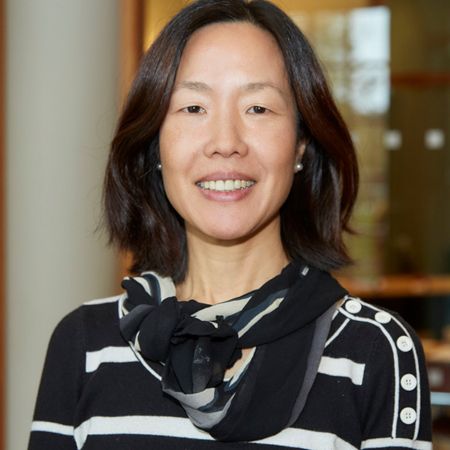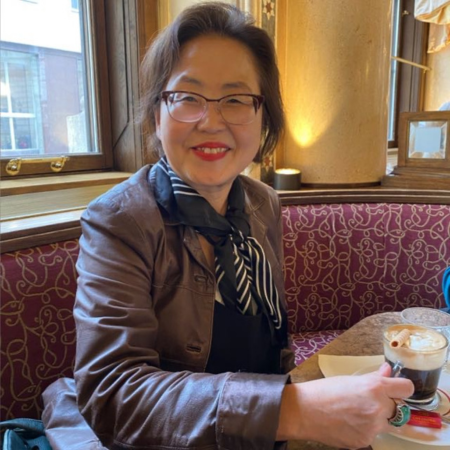,0.png) Marcos Centeno-Martin (PI)Cultura Audiovisual Japonesa
Marcos Centeno-Martin (PI)Cultura Audiovisual JaponesaMarcos Centeno-Martin is associate professor at the University of Valencia specialised in Film and Japanese Studies. Previously, Centeno worked as lecturer in Japanese Studies at Birkbeck, University of London, where served as the Japanese Studies Programme director. Before that, Centeno had also been lecturer for the Department of Japan and Korea at SOAS, University of London where he coordinated the MA Global Cinemas and the Transcultural. He has recently been research associate at the Nissan Institute for Japanese Studies, the University of Oxford, on a grant funded by the Spansih Ministry of Sciences, Council on East Asian Studies grant holder at Yale University and guest lecturer at the Centre for Japanese Studies, Nanzan University. His main research interests revolve around Japanese documentary film, transculturality, memory and visual representation of the Ainu people. Centeno has coordinated projects on Japanese documentary film, female director Haneda Sumiko and Japanese Transnational Cinema which have been funded by British, Japanese and Spanish institutions such as Sasakawa, Daiwa, Japan Foundation, Japanese Ministry of Education and Spanish Ministry of Sciences. Centeno is board member for the AEJE (Asociación de Estudios Japoneses en España), editorial board member for Mirai. Revista Estudios Japoneses, and was convenor for the EAJS (the European Association for Japanese Studies) Visual Arts section (2019-2023). He has been jury member for prizes such as ICAS/SEPHIS prize for the best books on Asian Studies in Spanish and Portuguese, Ivan Morris Memorial Prize on Japanese Studies (awarded by the British Association for Japanese Studies) and Cambridge Watersprite Film Fesitval.


.png)
,0.jpg)
.png)
.jpg)

.png)

.png)
.png)
.png)
.png)
.png)
.png)

.png)
.jpg)
.png)
,0.png)
.png)
,0.png)
,0.png)
,0.png)
.png)
,0.png)
,0.png)



